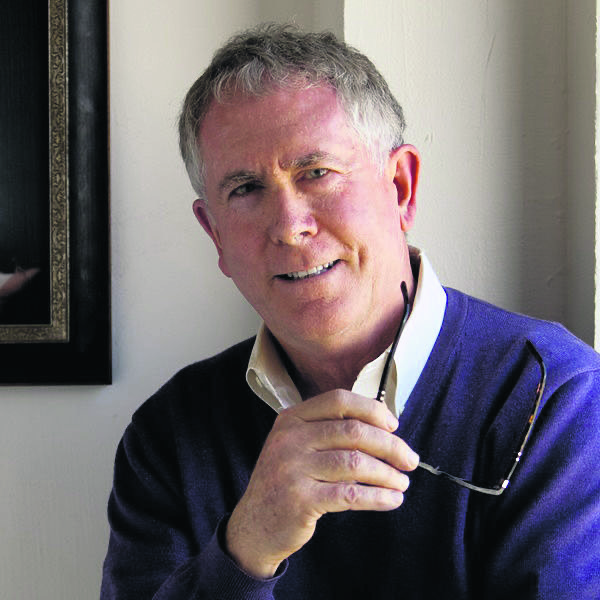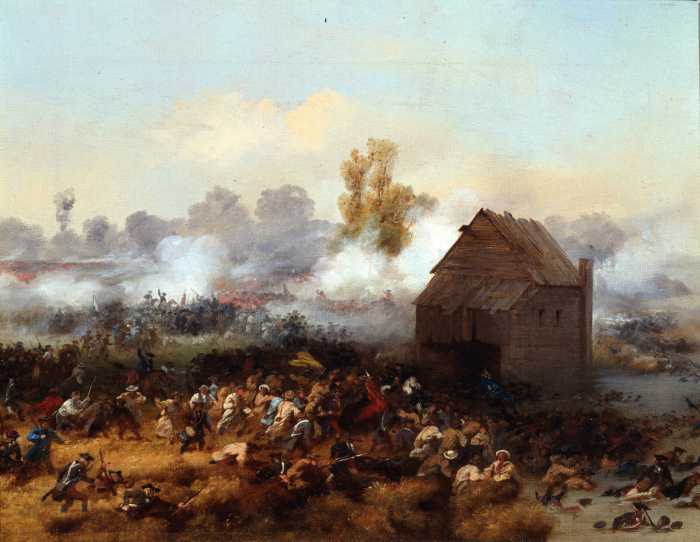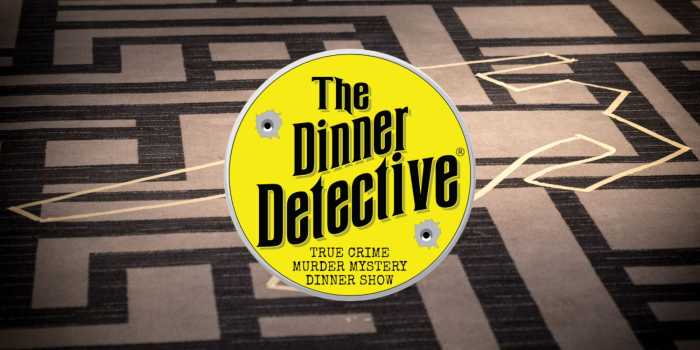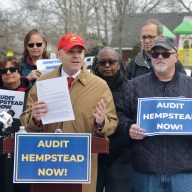Mark Thompson, the CEO of UnitedHealthCare, was killed on the streets of Manhattan last week, but strangely enough for many, his murder was not met with outrage but rather with cheers in some quarters. The internet was filled with emojis of laughter and glee rather then tears. And what made this incident even more unusual was that the accused killer was Luigi Mangione, an Ivy League educated valedictorian.
This shooting is merely one in a long line of headline grabbing gun shootings starting with the Columbine High School massacre in 1999. By now we have grown accustomed to mass shootings in schools, movie theaters, concert halls, and even World Series parades. The numbers of mass gun shootings have risen each year.
Why has America become so angry, violent and uncivilized? Adrienne LaFrance, a senior editor of The Atlantic, has attempted to answer that question with her remarkable essay “Decivilization May Already Be Underway.” She suggests that this newfound American rage is based upon the ongoing wealth disparity, the loss of trust in our institutions, the influx of immigrants which destabilizes the American identity, a polarized electorate, inflammatory rhetoric and a growing belief that we can get away with anything.
But LaFrance left out one important reason for this lack of civility and impulsive rage. Back in 1971 Phil Zimbardo of Stanford University developed the Stanford Prison Experiment to answer the question of whether moral behavior was determined by situational factors or by internal values. He used normal college kids as subjects, who were assigned to be prison guards or inmates, but the experiment quickly went amok and had to be terminated within two weeks. The college kids who were assigned the role of prison guards showed outlandish cruelty and Zimbardo concluded that human civility is based more upon situational factors rather than inherent character. The 2010 film “The Experiment” starring Adrien Brody and Forest Whitaker was based upon the Zimbardo prison experiment.
More support for the role our social environment has on moral behavior is seen in the Broken Window Theory of environmental control, a concept that was successfully used by Mayor Rudy Giuliani in his effort to clean up New York. That theory suggests that a street with many broken windows looks neglected, which in turn encourages more crime to take place.
The established and built human environment cues us to act in certain ways. Our civility, etiquette and our self-control are triggered by the environment we find ourselves in. If our social environment gets weaker, than etiquette and impulse control tends to decline and even evaporate.
The slow decay and disappearance of the social world has been growing more malevolent for years. As far back as 1893 the French sociologist Emile Durkeim coined the term anomie which is a sense of loneliness, aimlessness, and disconnection due to a lack of community. When a population feels unconnected from each other, behavioral standards become unclear. The sense of anomie was reflected in the novel “The Stranger” by existentialist Albert Camus about a senseless murder that the protagonist committed.
Anomie is now commonplace and due to a prevailing lack of connection to our neighbors, our communities and many of our social institutions.
“The Geography of Nowhere” by James Kunstler and “Bowling Alone” by Harvard professor Robert Putnam were both written in the 1990s and explored the decline of community in America. Both texts pointed out that we no longer joined the Elks Club, Rotary Clubs, Knights of Columbus, church groups or anything else. Americans had became worker bees who worked 10 hours a day, then drove home and watched television. Time for social life disappeared.
Starbucks made a failed attempt to re-establish the so-called third place with cafes and their long communal tables mimicking the social life of Italy. But Starbucks as a social experiment did not work. Go into any Starbucks and you will observe very little social interaction.
And now we are in a the age of social media, which has escalated solitude and demolished an already weak social fabric. The result of all this is as LaFrance aptly put it, the “decivilization” of America and what Durkheim called “anomie” and what French philosopher Jean Paul Sartre called ‘’nausea’. We have become too busy, too angry, too disconnected and too addicted to the mesmerizing power of the electronic media.
And as Henry Adams told us in 1904, progress cannot be stopped, so buckle up and hold on for dear life. It’s a sad day indeed when a psychotic killer of a CEO becomes an anti-hero to half of the internet.
As The Doors once sang years ago:
“Strange days have found us
Strange days have tracked us down.”




























